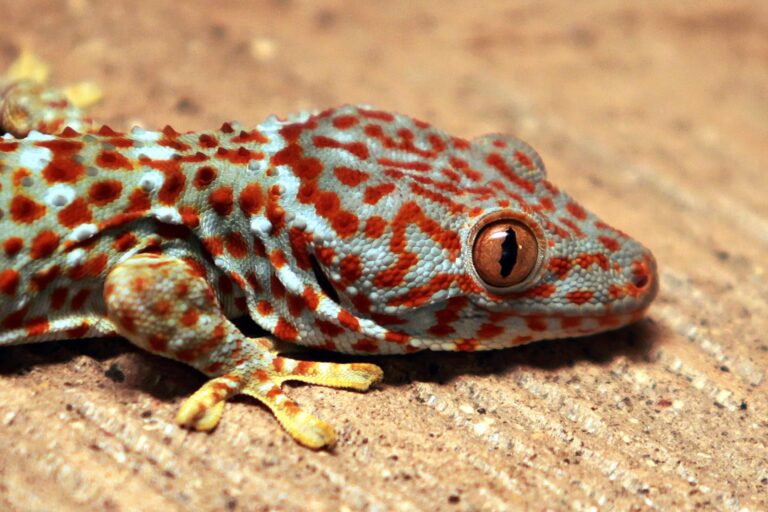- The owner of two resorts on the Philippine holiday island of Boracay has been arrested for alleged violations of the country’s environmental laws.
- The owner was previously given leeway to self-demolish establishments encroaching on the easement zone along the shore, but failed to do so, leading to the arrest, the National Bureau of Investigation said.
- Boracay has been under a massive rehabilitation effort since 2018, when President Rodrigo Duterte ordered the island shut. It has since been reopened for limited numbers of tourists, while rehabilitation is ongoing.
- Twenty-one other resorts charged with similar violations will be subjected to the same action should they refuse to follow environmental laws, the investigations bureau said.
AKLAN, Philippines — Authorities in the Philippines have arrested a resort owner on the island of Boracay for allegedly violating the country’s forestry and marine resources management laws. The investigation is part of ongoing efforts to roll back decades of tourism-driven environmental degradation.
Rizaldy Rivera, a special investigator with the National Bureau of Investigation’s (NBI) environment division, said the Filipino suspect owned at least two resorts in Boracay found to be in violation of the forest code, the coastal easement zone, and the water code. The resorts have been identified as La Bonita and Boracay Oriental.
“The owner of the said resorts has been informed to self-demolish properties that encroach on the easement zone since 2018 but they refused to do so,” Rivera told Mongabay.

In addition to the national forest and water code violations, the NBI has also filed charges under the “25+5” easement ordinance of the local government of Malay municipality, in Aklan province, where the world-renowned resort island of Boracay is located. Under the water code, an area 20 meters (66 feet) from the sea shore must be respected or free of establishments. With rising tides, this was extended to 25 meters (82 feet), adding another 5% safe distance as shorelines are meant to serve as natural drainage.
The Aklan government issued a local ordinance on this to regulate the development of beachfront tourism establishments on Boracay, identifying no-build zones through the National Mapping and Resource Information Authority.
Mongabay asked for a statement from the resort owner and the legal counsel present during the filing of cases, but they declined to comment and asked not to be identified. The Aklan Provincial Prosecutor’s Office, which received the complaint from investigators, has given the owner 15 working days to answer the charges. The case was filed Oct. 30.
The investigation is the latest in an ongoing crackdown on private resorts found to be violating the country’s environmental laws, and is part of wider efforts to rehabilitate Boracay. In 2018, President Rodrigo Duterte ordered the island closed entirely to undergo environmental rehabilitation, which included the dismantling of private structures built over the identified easement zones. The push for rehabilitation came after Duterte saw several videos showing the environmental degradation of the once pristine island paradise.

Rapid growth in tourism activities has been blamed for these problems. Several resorts were reported to be dumping their sewage into the sea, which drove algal blooms. Private companies in years past have cleared much of the island’s limited forest cover, causing a decline in bat populations and threatening the island’s other wildlife and plants.
Duterte signed an executive order organizing a task force to rehabilitate Boracay headed by the Department of Environment and Natural Resources (DENR), with the NBI and the Department of Tourism also represented on the task force.
“In 2018, we filed similar cases against at least eight resort owners and the case has been pending in court,” Rivera said, adding the NBI is currently completing the documentation of cases against 21 more resorts in Boracay for similar environmental violations.
Boracay, a premier beach tourism destination in the central Philippines, received at least 2 million foreign and local tourists in 2019. It’s known for its pristine white-sand beaches and sea sports activities.
Related stories:
Banner image of the Boracay Island, Aklan, Philippines. Image by Alexey Komarov via Wikimedia Commons (CC BY 3.0)
FEEDBACK: Use this form to send a message to the author of this post. If you want to post a public comment, you can do that at the bottom of the page.














